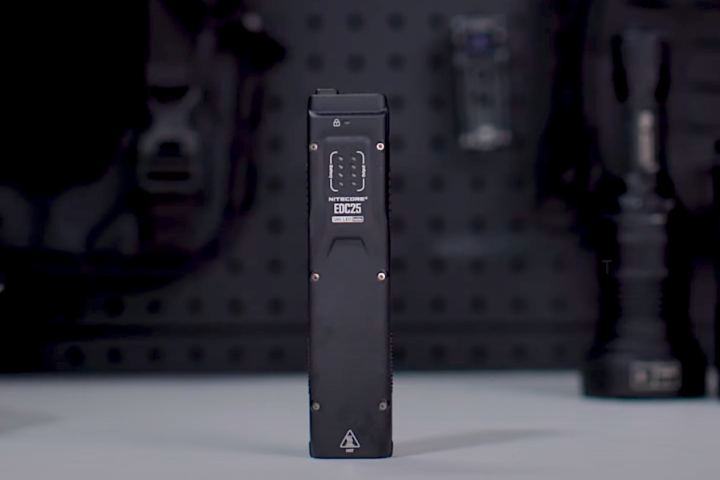With marine biofouling on ship hulls increasing drag, which results in an increase in fuel consumption and therefore cost and pollution, the search has been on for a way to prevent fouling that is better than the environmentally damaging, toxic marine paints currently used. Taking inspiration from floating seeds, scientists from the Biomimetics-Innovation-Centre (B-I-C) in Germany have developed a promising new anti-fouling surface that is toxin-free.
The new surface is based on a seed from a species of palm tree that is dispersed by ocean currents. Suspecting that certain seeds may have specialized surfaces that gave them the ability to remain free of fouling to allow them to disperse further, the researchers floated seeds from 50 species in the North Sea for 12 weeks. At the end of the 12-week period, the seeds of 12 species showed no fouling at all.

"We then began by examining the micro-structure of the seeds' surfaces, to see if we could translate them into an artificial surface. The seeds we chose to mimic had a hairy-like structure," says Katrin Mühlenbruch, a PhD researcher at BIC. "This structure might be especially good at preventing fouling because the fibers constantly move, preventing marine organisms from finding a place to settle."
To create an artificial surface similar to the seeds, the researchers used a silicone base with fibers covering the surface. The new surface is currently being trialed by floating it in the sea. Ms. Mühlenbruch says that while the initial results are "quite good," there is still a long way to go.
Following on from the examination of the structure of the seeds' surface, the B-I-C researchers also plan to analyze the chemical composition of the seeds' surface to find out whether this adds to their anti-fouling properties.
"Our aim is to provide a new toxin-free and bio-inspired ship coating," says Ms. Mühlenbruch. "This would prevent environmental damage while allowing ships to operate efficiently."





